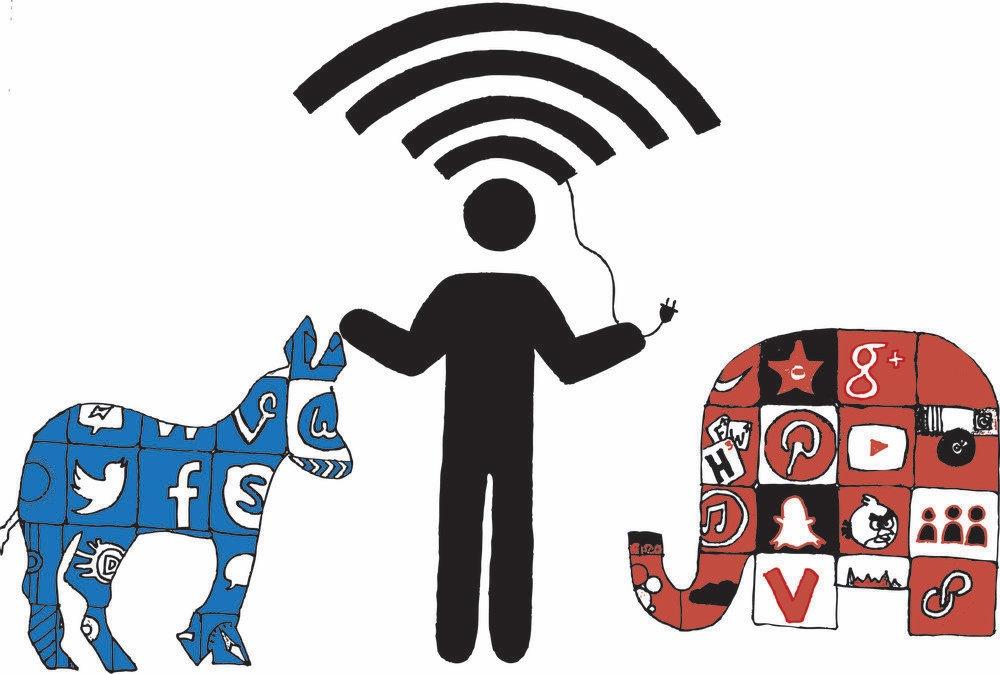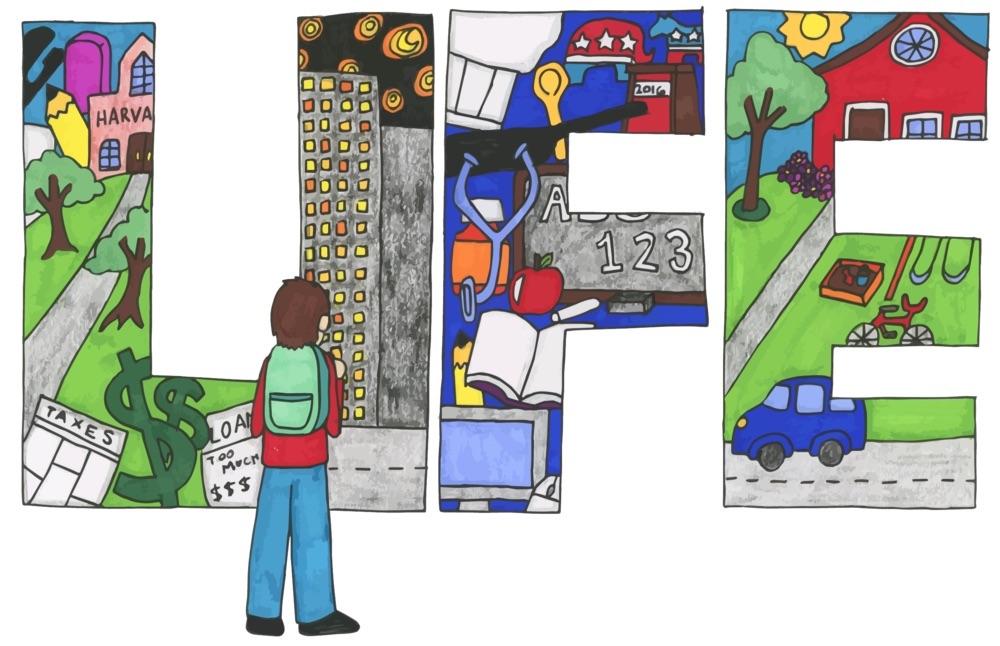Twitter has become a new source of information for the world. Social media makes the most accurate information more accessible, but it also means that anyone can circulate material. As a communication major and aspiring journalist, it scares me that anyone with access to the Internet can contribute to the world of my future career. However, the digital changes currently undertaking journalism have value.
The fact that anyone can spread information anywhere poses a problem for the accuracy of journalism. For example, after committing the mall hostage attack in Kenya on Sept. 23, the terrorist group, Al-Shabaab, tried to spread misinformation about the attack via Twitter. Among other claims, the group tweeted that they were doing more damage than the media reported. Traditional media sources, including CNN, reported a death toll of 68, while Al-Shabaab tweeted the number was closer to 130.

As a terrorist organization that does not want to broadcast its location, Al-Shabaab clearly cannot be contacted as a source to check for reliability. As a result, no one can confirm the information the group provides. Multiple stories from different news outlets, such as the New York Times, cited the tweets as factual information. As a result, a new ethical issue is raised in the world of journalism, one which I do not want to tackle.
Additionally, the ease with which anyone can spread whatever message they choose to the entire world by typing 140 characters onto a laptop or a smartphone can become problematic. The information can spread all around the world, regardless of its accuracy.
Social media has merits as a news source, however. Unless one lives in China, or any other country that blocks Twitter and Facebook, one can access the most up-to-date news through the Internet. As a result, even developing countries can access breaking news, which is incredible.
Another role social media plays is keeping the major news outlets in check. If the traditional media makes a mistake in print or on air, it can take hours or even days to correct a mistake. Even when the correction is made, readers or viewers might not pay attention to it. Consequently, the damage becomes permanent.
In contrast, social media has the ability to self-correct. The newest information is constantly being sent out over the Internet and, in theory, can overpower any incorrect information that is posted. While the ability to spread information quickly can create problems, it allows for more timely updates when inaccurate information spreads.
I love social media. I constantly update my news feed, post information and use it as a means of interacting with others. I consider it research for my major, especially considering the route I am taking into journalism. However, it terrifies me how quickly a movement can start from any source with potentially incorrect or misinterpreted information. Without a doubt, social media is here to stay. We must respond by viewing the news we see through social media with a more critical eye.
Contact Whitney Carter at wcarter16@my.whitworth.edu








 Spokane?
Spokane?